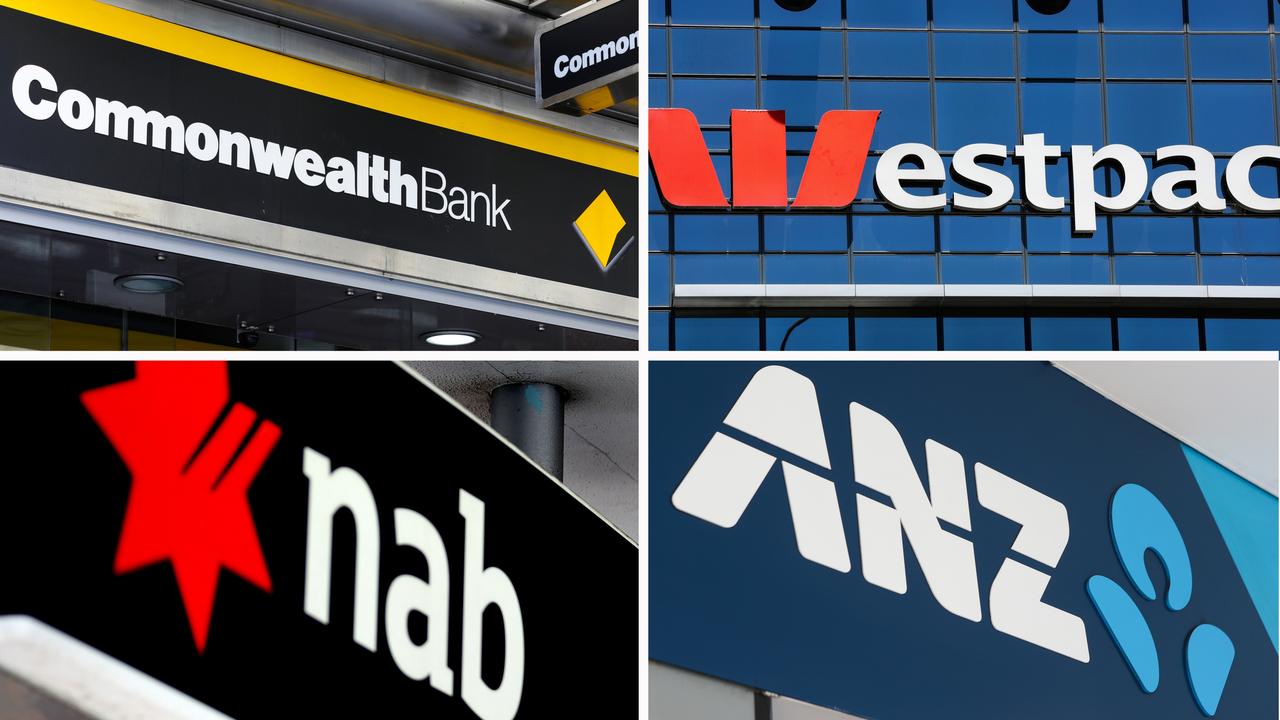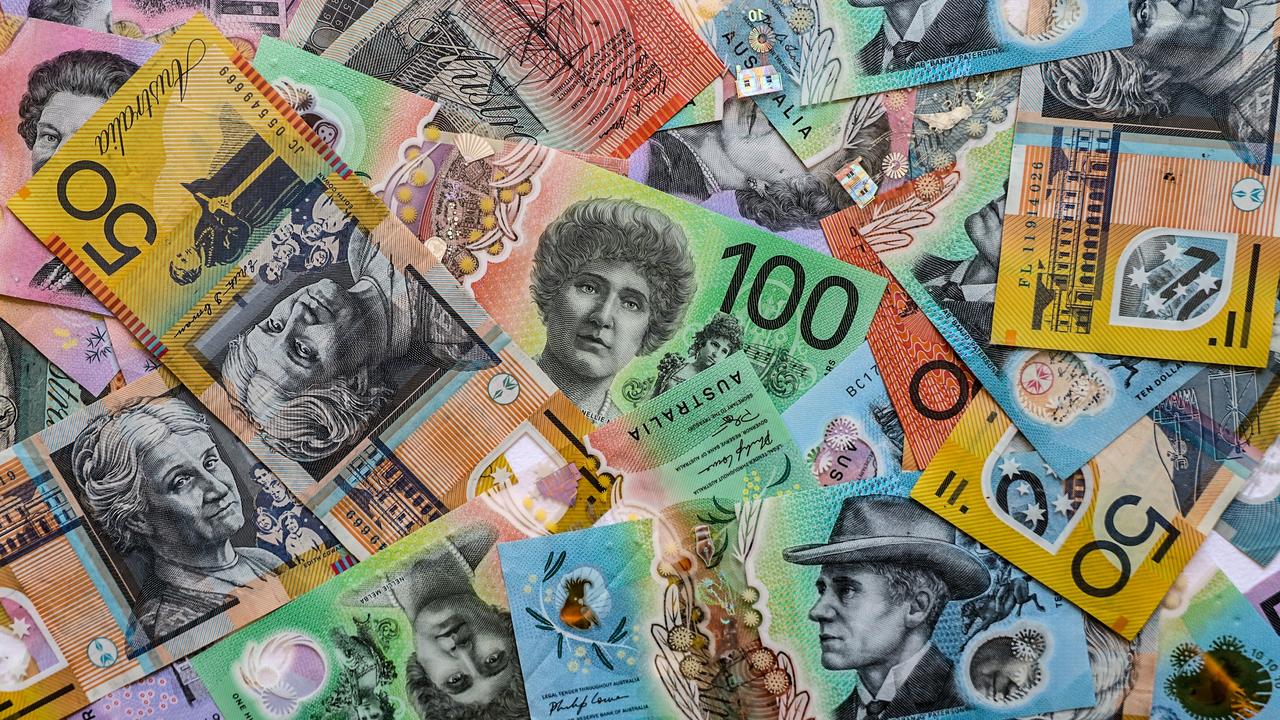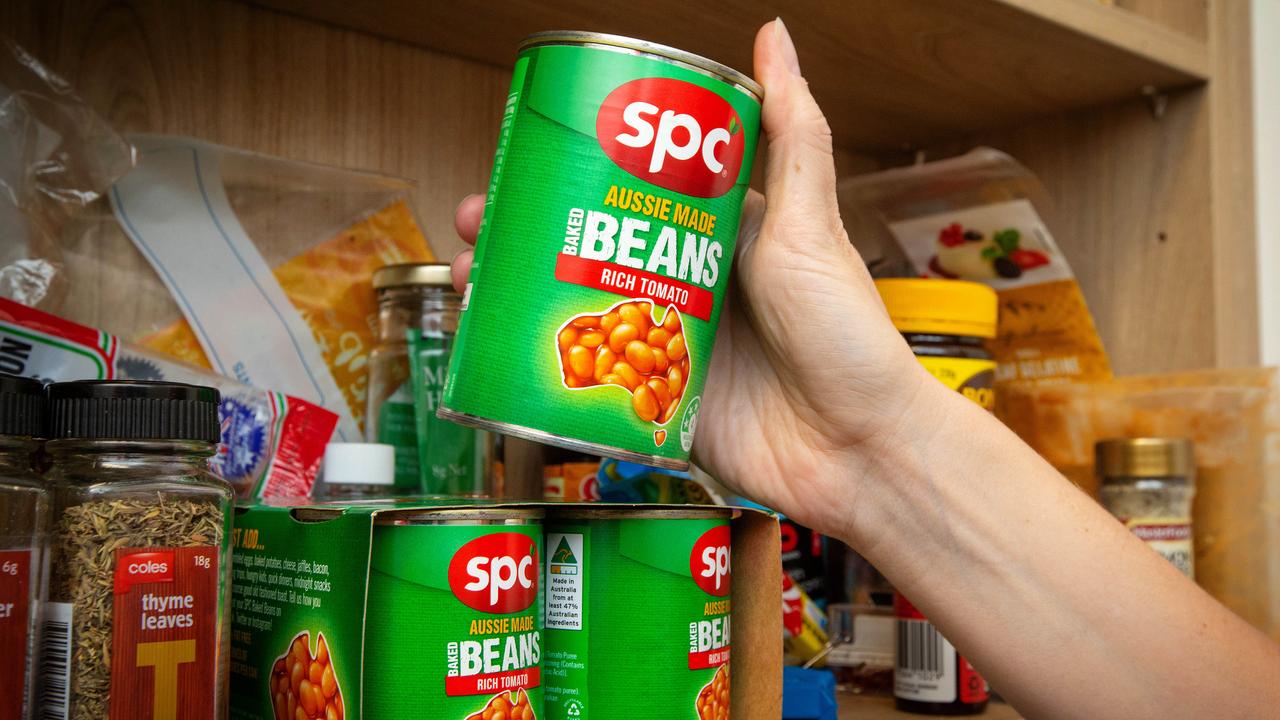Consumers need to review their financial products annually or face getting ripped off
BORROWERS and savers need to constantly go on the hunt for better deals to ensure they are getting a good rate.
CONSUMERS should be constantly on the lookout for how to snare good deals on financial products or risk paying way too much, experts say.
While interest rates are at record lows on home loans, rates on credit cards and personal loans remain stubborn.
As for savers, the returns are dismal.
We’ve zoomed in on the costs around these products to help you work out if your lender is ripping you off.

HOME LOANS
Analysis from financial comparison website RateCity has found an owner-occupier with a $300,000, 30-year home loan is paying an average variable rate of 4.32 per cent; $1488 in monthly repayments.
But there are variable rate deals as low as 3.39 per cent.
Home loan customers Kate Pullen, 32, and her husband to be Jesse Kovac recently bought a three-bedroom investment property and used a mortgage broker to help secure a rate of 4.24 per cent.
“We have gone with a variable loan, we decided against fixed because the variable rate is much better and we will re-evaluate in one year’s time,’’ Ms Pullen said.
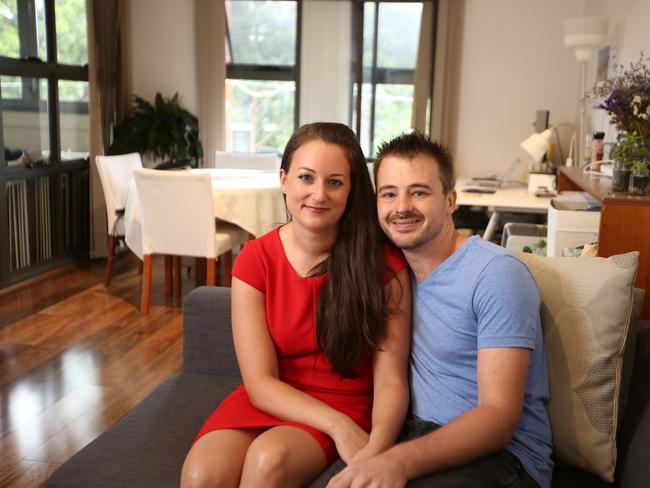
“I’m always looking for a better deal, I go online and I research what other deals and promotions are out there.”
ME’s head of home loans Patrick Nolan said regardless of what type of banking product you have, “the simplest thing is to compare loans and compare offers.”
It’s also a good idea to look at the comparison rates because it wraps in all the fees and charges on the loan.
CREDIT CARDS
The average credit card interest rate is about 17 per cent but some plastic does come with rates as low as 7.99 per cent.

And there are no annual fee cards available — it all depends on what type of card user you are in terms of which one you pick.
If you can pay your card off every month in full you might be better off signing up to a low rate.
PERSONAL LOANS
The difference in interest rates on personal loans vary significantly depending on whether the loan is secured (for example a car is used as security) or unsecured, ranging from 4.24 per cent up to 19.95 per cent.
RateCity spokeswoman Sally Tindall said consumers should always “look at what rate you’re on” and then search elsewhere to see how it does stack up.
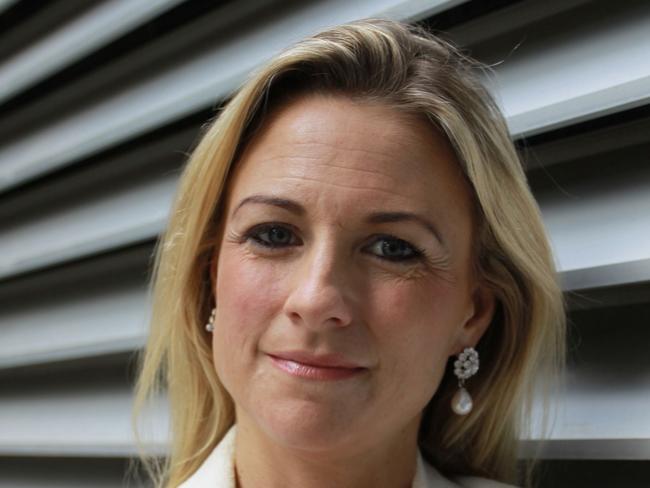
If you do have a secured loan you’re likely to be getting a much better interest rate.
SAVINGS ACCOUNTS
For those who have cash stashed away in the bank it’s likely you’ll be getting a deal that’s hardly worth anything — savings account rates are on average 1.53 per cent — almost the same as the cash rate.
Look around for honeymoon deals that offer higher rates and don’t just set and forget about your hard-earned cash by keeping it with the one financial institution for long periods.
There is no obligation to take up any offer. This masthead’s publisher News Corp Australia and RateCity may earn a commission from any accepted deals.



